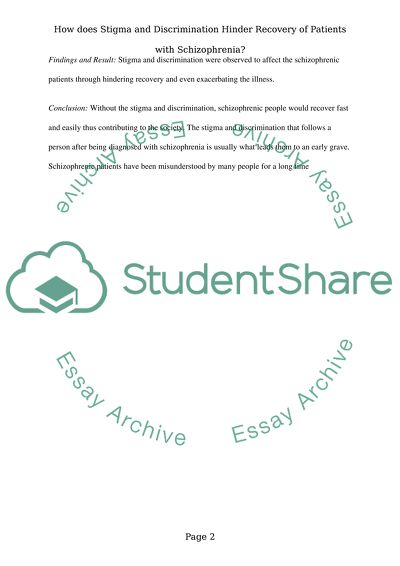Cite this document
(“How does stigma and discrimation hinder recovery of patients with Essay”, n.d.)
Retrieved from https://studentshare.org/nursing/1491574-how-does-stigma-and-discrimation-hinder-recovery
Retrieved from https://studentshare.org/nursing/1491574-how-does-stigma-and-discrimation-hinder-recovery
(How Does Stigma and Discrimation Hinder Recovery of Patients With Essay)
https://studentshare.org/nursing/1491574-how-does-stigma-and-discrimation-hinder-recovery.
https://studentshare.org/nursing/1491574-how-does-stigma-and-discrimation-hinder-recovery.
“How Does Stigma and Discrimation Hinder Recovery of Patients With Essay”, n.d. https://studentshare.org/nursing/1491574-how-does-stigma-and-discrimation-hinder-recovery.


